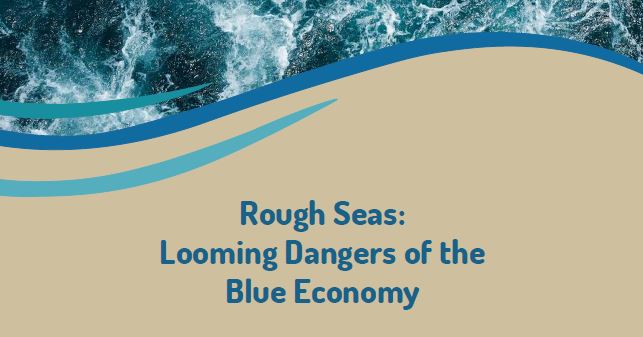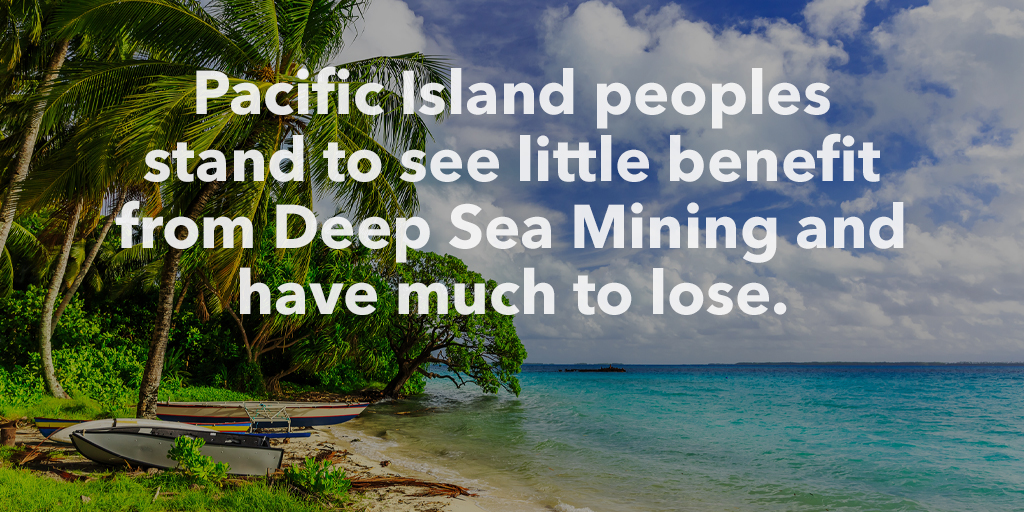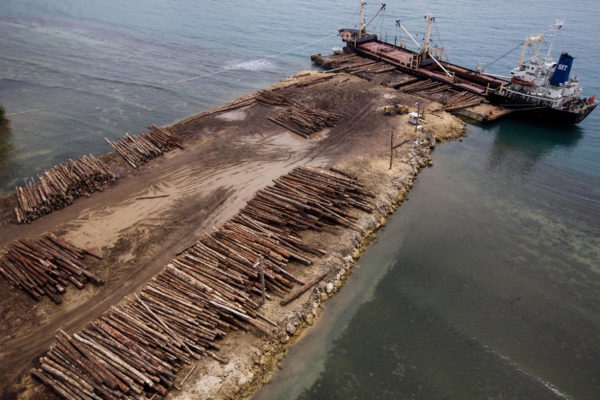Rough Seas: Looming Dangers of the Blue Economy
The ocean’s health is increasingly under threat as a result of human exploitation of its resources, destruction of biodiversity, and pollution from land-based sources, while the situation of climate
change has further exacerbated efforts to protect the ocean. Once considered out of reach economically and technologically, new developments and advancements in technology are making it more
feasible to exploit deep-sea resources, with global powers and Pacific Island governments rushing to carve up the ocean. In 2012, at the United Nations Conference on Sustainable Development in Rio, and in the wake of the green economy discourse, oceans became a global priority for the Alliance of Small Island Developing States (AOSIS), which includes the Pacific Small
Island Developing States (PSIDS). AOSIS and PSIDS launched the Blue Economy concept that made oceans central to their discussions on sustainable development. Although, AOSIS and PSIDS may have initially spearheaded the concept and notion of the Blue Economy, the spirit and hopes underpinning it are already obscured by the industrial ambitions of the region’s colonial powers, as well as new powers who are competing to carve up the Pacific.







Recent Comments